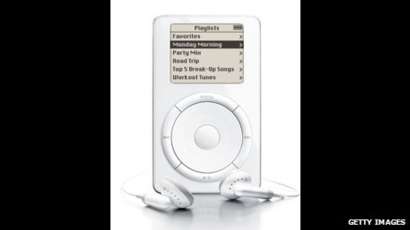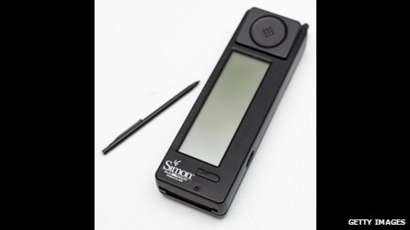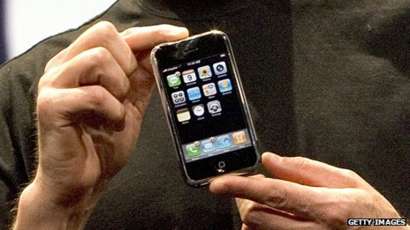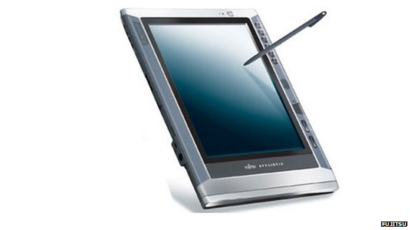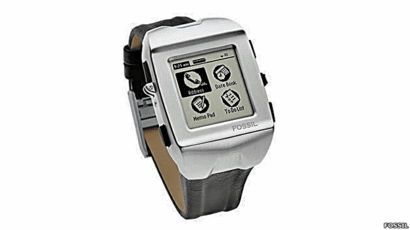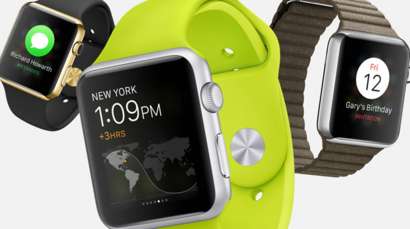MPs want stricter regulation of how police use biometric technologies.
The Commons Science and Technology Committee said it was "alarmed" that police in England and Wales had collected the mugshots of innocent and guilty people alike.
Last month, BBC Newsnight revealed police were holding 18 million images to use with facial recognition tech.
The government said the technology had an "important role" but images had to be used "in accordance with the law".
Committee chairman Andrew Miller said the MPs were not opposed to the use of biometric technologies to combat crime.
"But we were alarmed to discover that the police have begun uploading custody photographs of people to the Police National Database and using facial recognition software without any regulatory oversight - some of the people had not even been charged."
The MPs said there had been a "worrying" lack of government oversight and regulation of the use of biometrics by public bodies.
They highlighted a 2012 High Court ruling that the police's policy on retention of mugshots at that time was "unlawful" - but that nothing had changed as a result.
The MPs recommended that the police's maintenance of its database and associated use of facial recognition technology should be brought into the jurisdiction of the Biometrics Commissioner, Alastair MacGregor QC.
The commissioner has previously expressed concern about the implications of the police's system for privacy and civil liberties.
The committee also called on the government to open a public debate about how public bodies used biometric data.
It said it was "inexcusable" that a government report into the risks and benefits of using the data had not yet been published, despite being due in 2013.
According to campaign group Big Brother Watch, the committee's report highlights how the current use of biometrics could erode the public's "already fragile opinion of the technology".
A spokesman said: "It is unacceptable for innocent people to be treated in the same way as those who have been found to be guilty of a crime. [The police] database, as it stands, does just that.
"The fact that two years have passed since the retention of these photographs was ruled illegal and nothing has yet been done to rectify it, is totally unacceptable."
A BBC Newsnight report on 3 February revealed that the database maintained by forces in England and Wales included photos of people who had never been charged with a crime, as well as those of people acquitted.
The images were uploaded without Home Office approval, the programme reported.
'Intrusive technologies'But privacy groups say the Home Office itself needs to do more to control surveillance.
Jim Killock, the executive director of the Open Rights Group, said: "It's incredibly easy for surveillance powers to grow just because technology gets easier.
"That's what the Home Office doesn't like to tell you when they demand new surveillance laws - intrusive technologies deliver more police powers all on their own. Surveillance needs regulating and oversight rather than extra help to grow."
His comments were echoed by Privacy International executive director Dr Gus Hosein.
Dr Hosein said people should assume the Home Office was "hoping that secret deployment of surveillance techniques will go unnoticed. Fortunately, on this occasion, Parliament is demanding more of them".
Mr Miller acknowledged that biometrics involved "risks and raise important ethical and legal questions relating to privacy and autonomy".
However, he insisted that they could play a key role in people's lives.
"As we struggle to remember ever more passwords and pin numbers in everyday life, the potential benefits of using biometric technologies to verify identity are obvious."
Lord Bates, the minister for criminal information, defended the use of mugshots and facial recognition technology, saying it played an "important role".
But, he said, the images should be used in accordance with the law.
He said the government needed to find a balance between public protection and civil liberties and said it was reviewing how police use custody images.
Ch Con Mike Barton, of the Association of Chief Police Officers, said that, while DNA and fingerprints were covered by existing legislation, the management of custody images was not.
"Police have used existing guidance on the 'Management of Police Information (MoPI)' to agree principles upon which we review, retain and delete these images. This varies dependent on factors such as age and the type of crime," he said.













